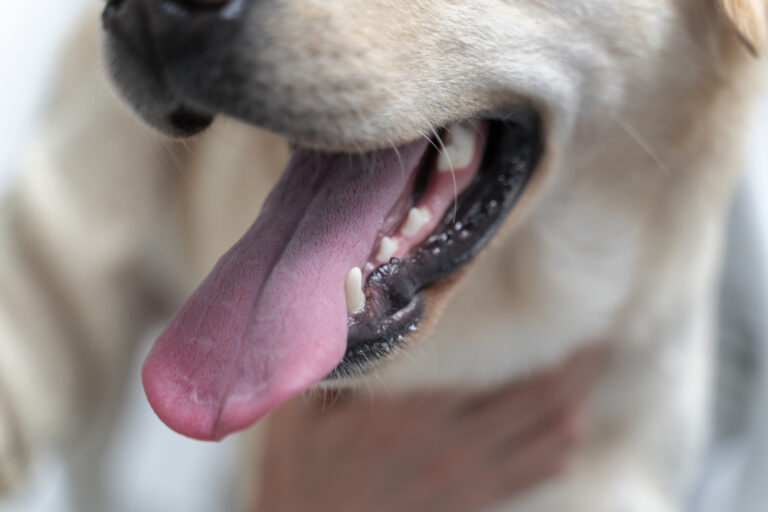One of the primary concerns associated with adopting a Species Appropriate Raw Food Diet (SARF) revolves around the potential presence of harmful germs.
Frequently, people receive misguided advice and information on this matter. The predominant question that arises is, “Could my family be exposed to bacteria from raw meat?” Surprisingly, the reality is that there are as many pathogens present in conventional kibble as there are in a Species Appropriate Raw Food diet. The key distinction lies in the fact that, when executed correctly and without the burden of unnecessary toxins, the latter promotes optimal health for your dog and can save you a considerable amount on vet bills!
This misconception has persisted for quite some time, leading individuals to opt for synthetic pet foods. More recently, media outlets have fueled this misconception due to the rapid growth of the raw feeding trend, causing concern in the £65 billion commercial pet industry.
The accelerated adoption of raw feeding can be attributed to the noticeable improvement in canine health. In numerous instances where dogs have experienced long-term health issues necessitating repeated visits to the vet and ineffective treatments, switching to a Species Appropriate Raw Food diet has brought significant improvements.
Many exploit the fear of bacteria to market products and influence people’s choices, yet this notion is rooted in society’s excessive fear of bacteria. Out of the millions of bacterial species on earth, less than 1% are deemed harmful. The media and society, as a whole, have magnified the threat of bacteria, portraying it as an archenemy that must be obliterated with disinfectants, antibacterial products, and unnecessary vaccinations.
Critics of raw diets propagate this myth as a primary reason to avoid raw feeding. While it’s true that raw meat contains bacteria, and some of it can be harmful, this is also the case with synthetic kibble and canned “foods.” So, if a raw-fed dog licks you, should you be concerned about getting sick? While anything is possible, in general, the answer is no. This bacteria does not persist in the mouth of a raw-fed canine. Canine saliva contains lysozyme, an enzyme that destroys bacteria. Furthermore, the absence of plaque in a raw-fed dog’s mouth makes it an inhospitable environment for bacteria. In contrast, a kibble-fed dog’s mouth provides an ideal breeding ground for bacteria.

The solution is straightforward: practise good hygiene, clean countertops and utensils used for dog feeding, and wash your hands. It’s worth pondering the scenario of your dog licking your face after a walk, exploring various scents, and coming into contact with other dogs’ urine and faeces. There’s no need for undue concern if you follow these basic instructions every time you feed your pet.
We strongly recommend using stainless steel or ceramic bowls for your pet’s food and water, as plastic can develop scratches that increase the risk of bacteria accumulation. The best way to defrost your pet’s raw food is in the fridge, allowing for a slow and safe thawing process over approximately 24 hours. If you cannot use a fridge, leaving a portion out at room temperature is acceptable, but always use a sealed container.
After handling any raw food, be sure to wash your hands thoroughly with warm soapy water. Following your pet’s meal, wash the food bowl with hot soapy water and then wash your hands again. This quick routine minimises the potential for residual bacteria. Ensure that the preparation and feeding areas are cleaned with hot soapy water, and wash your pet’s water bowl daily in the same manner.
Transitioning your pet from dry kibble or canned food to a SARF diet may require some additional preparation, but the tangible benefits of feeding SARF are immeasurable.
To find out more about changing your furry friend to a SARF diet click here.

